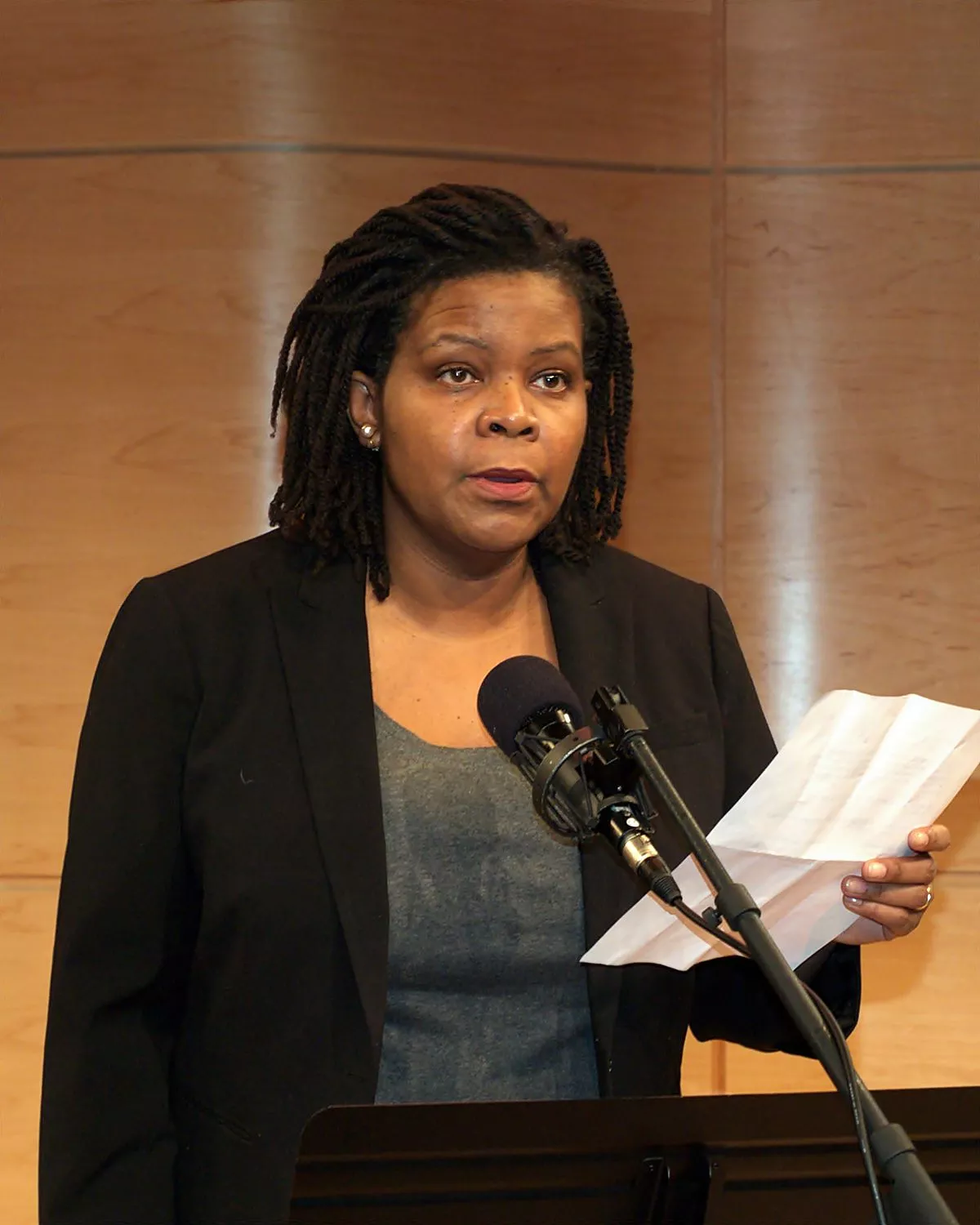 1.
1. Annette Gordon-Reed was born on November 19,1958 and is an American historian and law professor.

 1.
1. Annette Gordon-Reed was born on November 19,1958 and is an American historian and law professor.
Annette Gordon-Reed is formerly the Charles Warren Professor of American Legal History at Harvard University and the Carol K Pforzheimer Professor at the Radcliffe Institute for Advanced Study.
Annette Gordon-Reed was awarded the Pulitzer Prize for History and the National Book Award for Nonfiction and 15 other prizes in 2009 for her work on the Hemings family of Monticello.
Annette Gordon-Reed was elected a Member of the American Philosophical Society in 2019.
Annette Gordon-Reed is a Trustee of the Gilder Lehrman Institute of American History.
Annette Gordon-Reed was born in Livingston, Texas, to Bettye Jean Gordon and Alfred Gordon.
Annette Gordon-Reed grew up in Jim Crow Conroe, Texas, and was the first black child in her elementary school.
Annette Gordon-Reed graduated from Dartmouth College in 1981 and Harvard Law School in 1984, where she was a member of the Harvard Law Review.
Annette Gordon-Reed speaks or moderates at numerous conferences across the country on history and law-related topics.
Annette Gordon-Reed was previously Wallace Stevens Professor of Law at New York Law School and Board of Governors Professor of History at Rutgers University, Newark.
Annette Gordon-Reed analyzed the historiography and identified the set of unexamined assumptions that had governed the investigations by many Jefferson scholars.
Annette Gordon-Reed cross-checked the versions of events provided by former Monticello slaves, such as Madison Hemings, who claimed Jefferson as his father, and Isaac Jefferson, who confirmed Thomas Jefferson's paternity of the Hemings children, against documented historical evidence to which they could not have had access.
Annette Gordon-Reed similarly cross-checked oral traditions among Hemings' descendants against such primary sources as Jefferson's papers and agricultural records.
Annette Gordon-Reed demonstrated errors made by historians, and noted facts overlooked by the white Jefferson descendants and historians, which contradicted their assertions that one or more of Jefferson's Carr nephews had fathered the children.
Annette Gordon-Reed noted that all of Sally Hemings' children were freed.
Annette Gordon-Reed "drew on her legal training to apply context and reasonable interpretation to the sparse documentation" and analyzed the historiography as well.
In 2008 Annette Gordon-Reed published The Hemingses of Monticello, the first volume of a planned two-volume history on the Hemings family and their descendants, bringing a slave family to life on their own terms.
Annette Gordon-Reed traced the many descendants of Elizabeth Hemings and their families during the time that they lived at Monticello; she had 75 descendants there.
In 2011, Annette Gordon-Reed published a biography of the US post-Civil War president Andrew Johnson and his historical reputation.
Annette Gordon-Reed has noted that the abolitionist Frederick Douglass realized Johnson was no friend of African Americans.
Annette Gordon-Reed argues in the book that much of the misery imposed on African Americans could have been avoided if they had been given portions of land to cultivate as their own.
Annette Gordon-Reed likens their situation to that of immigrant workers in the New York garment industry in the 1890s, and coal miners, who were captives of mining company stores until the UMWA was founded in 1890.
Annette Gordon-Reed was the first African American to win the Pulitzer Prize for History, for her 2008 work on the Hemings family.
Annette Gordon-Reed was Columbia University's Barbara A Black Lecturer, 2001; and won a Bridging the Gap Award for fostering racial reconciliation, 2000.
Annette Gordon-Reed holds honorary degrees, from Ramapo College in New Jersey and the College of William and Mary in May 2010.
Annette Gordon-Reed discussed the intimate relationship between Thomas Jefferson and Sally Hemings, as well as issues that American black women face today.